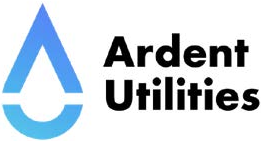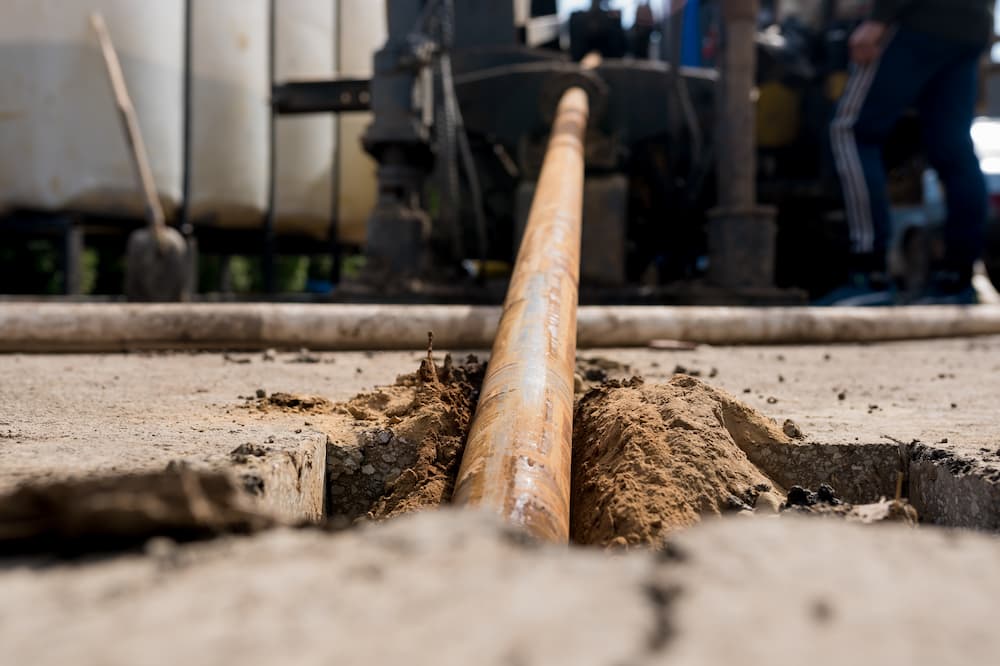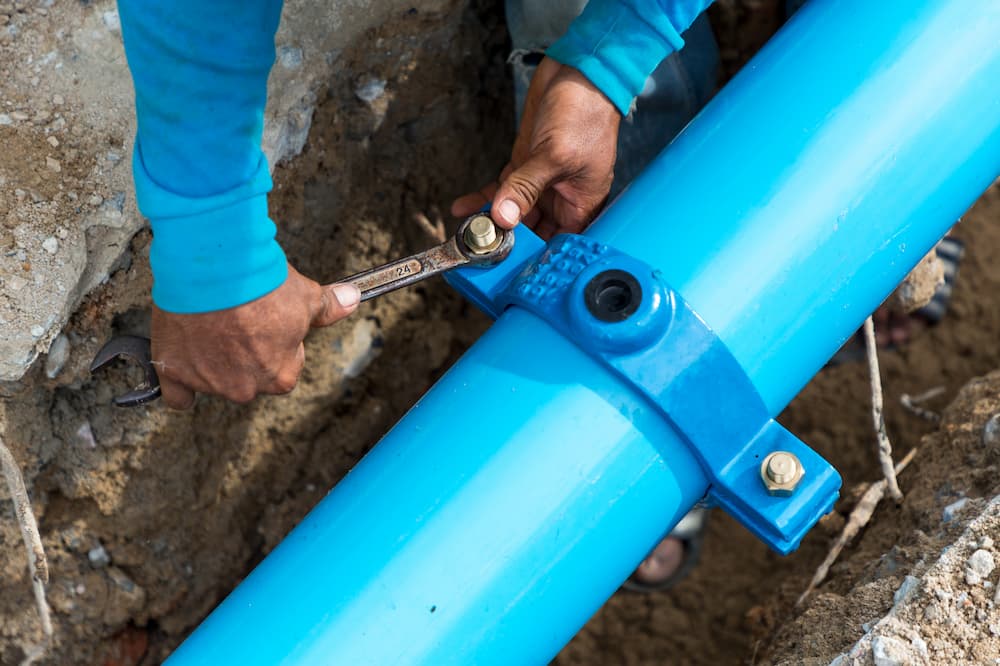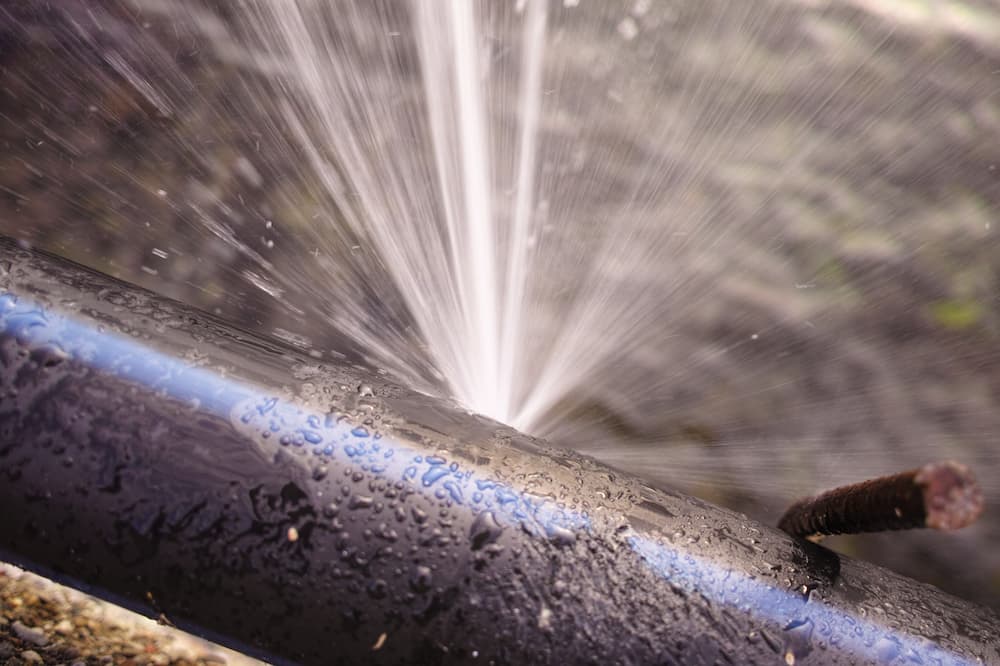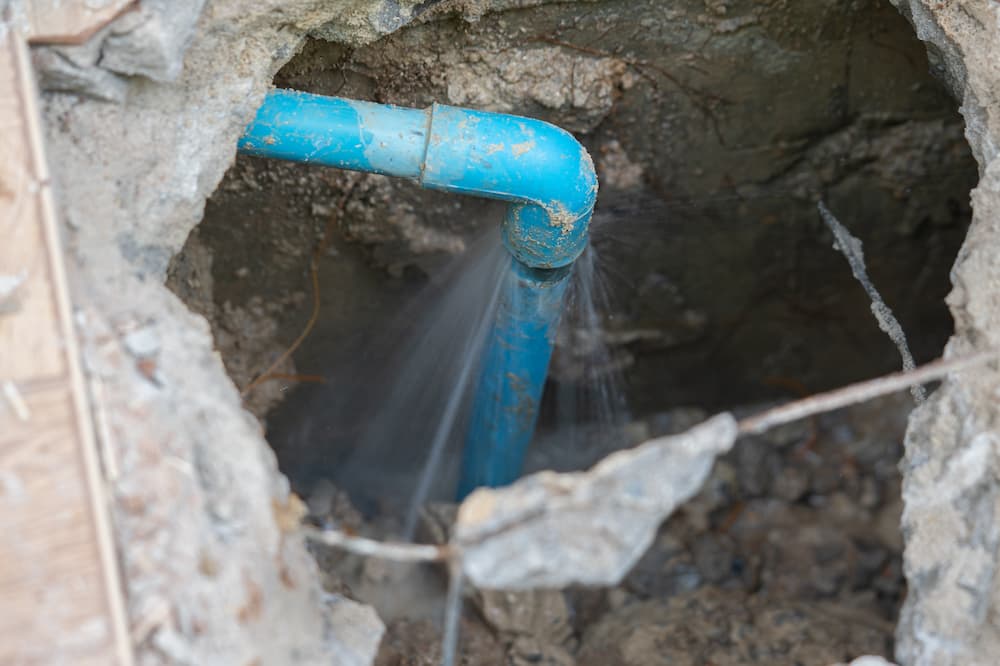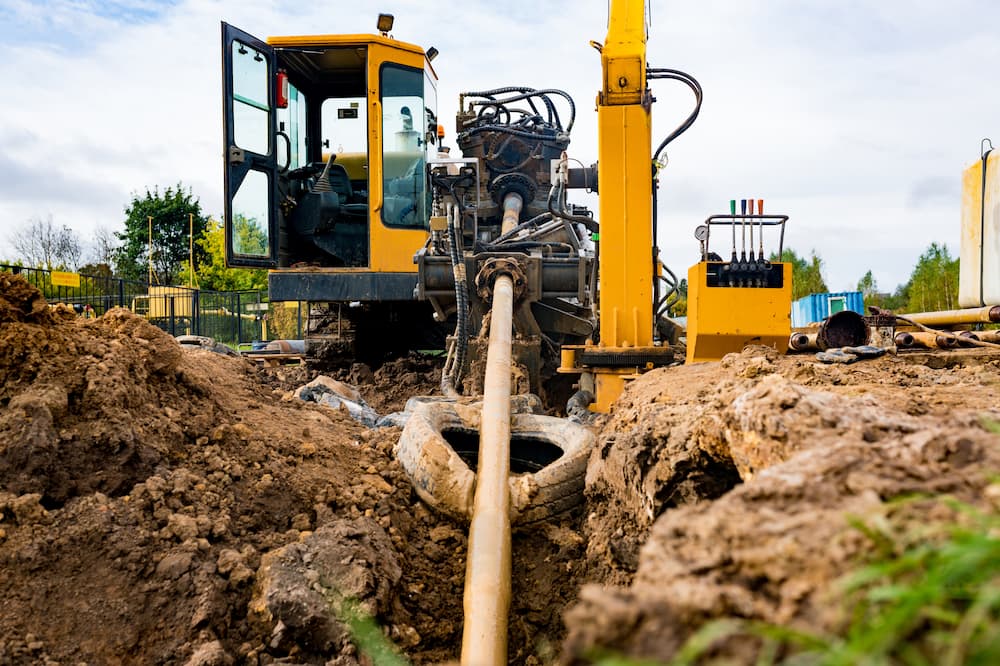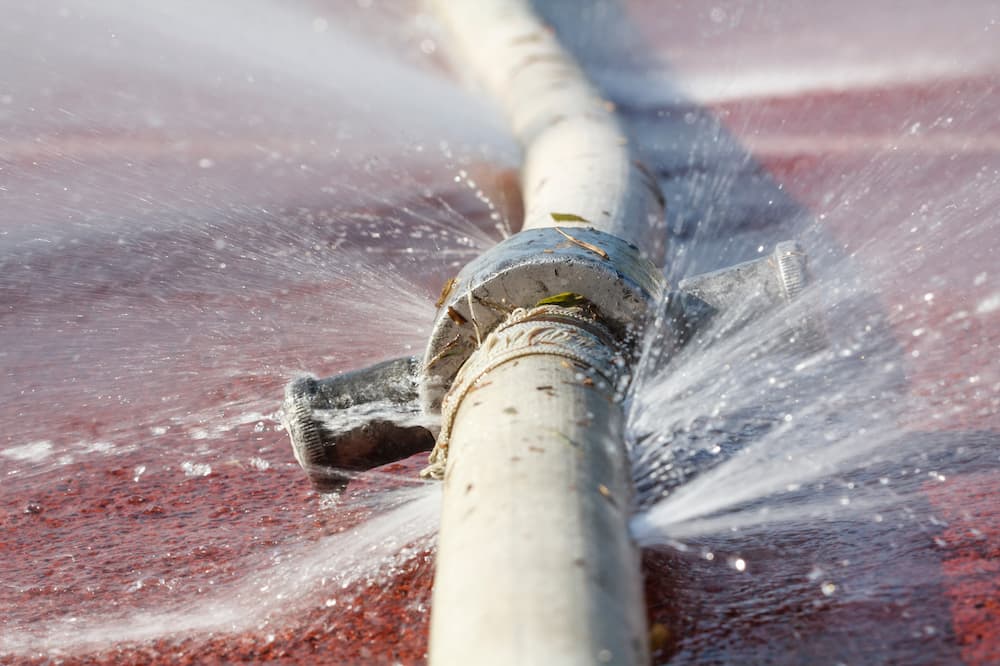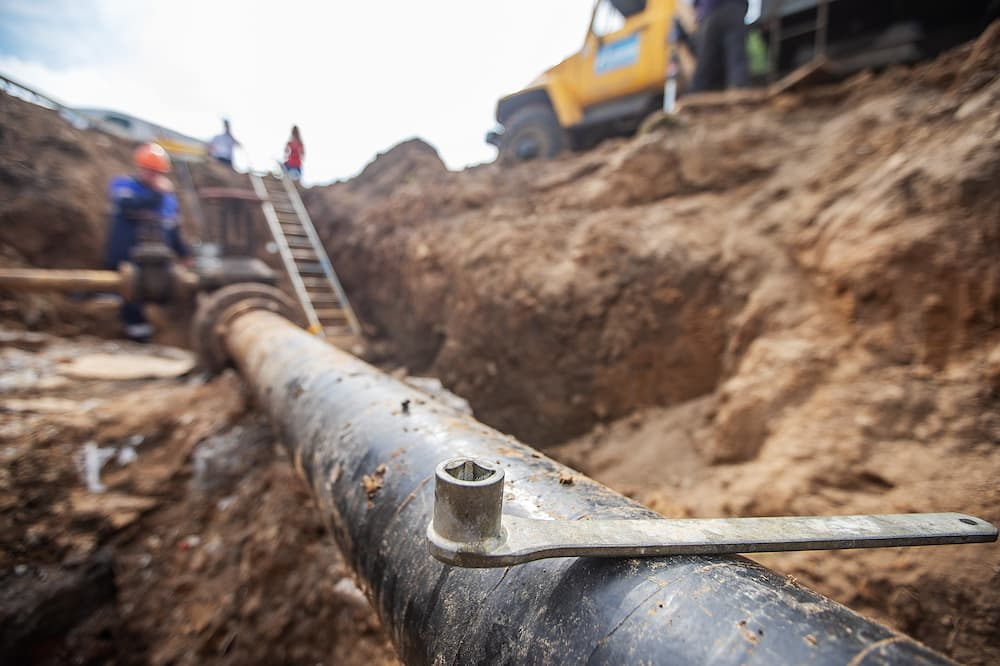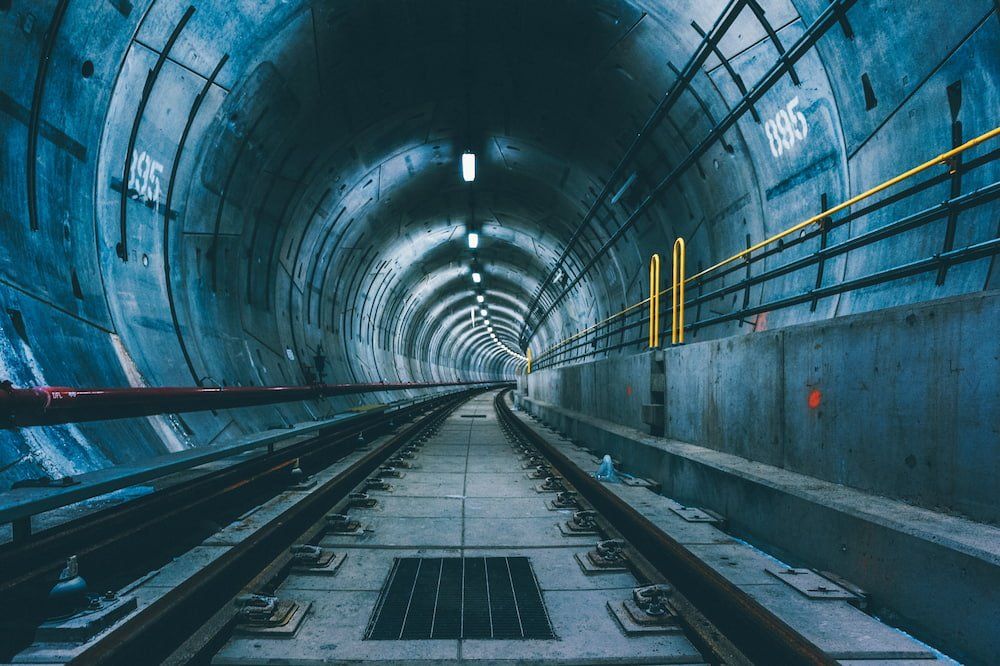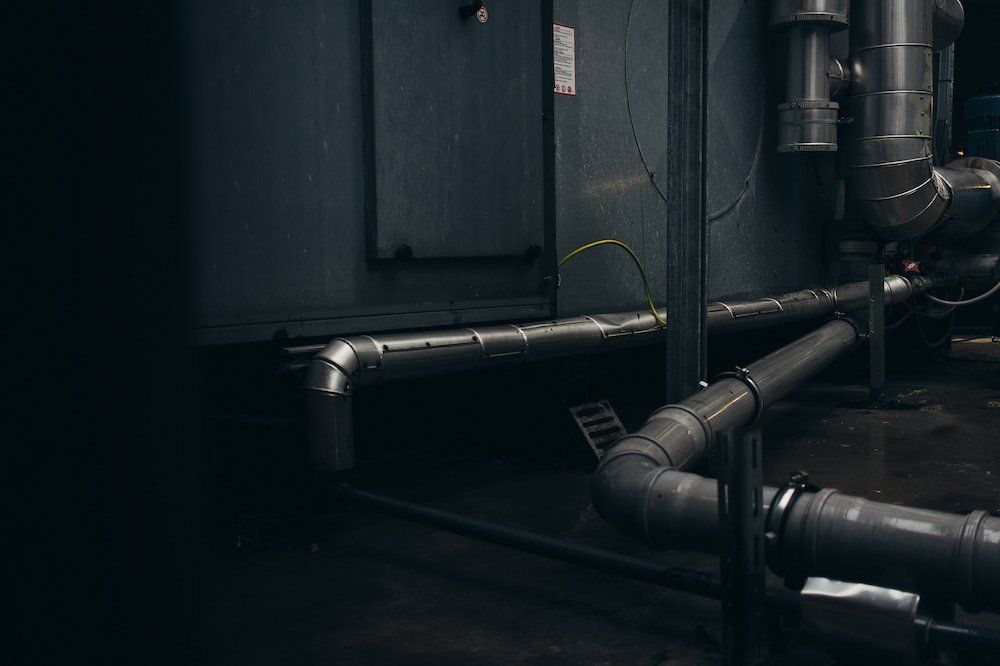How Accurate Are Water Leak Detectors?
In the UK, more than 3billion litres of water is lost every day as a result of water leaks and every typical house loses 2,000 to 20,000 gallons of water yearly due to leakages. This shows how common water leaks are. Generally, for those that don’t use water leak detectors, some of these signs show that you have an underground water leak
Hissing and splashing noise, a drop in water pressure, an increase of water-loving insects, sewage smells, and mouldy odours. While these signs can help you detect if you have a leakage, they won’t tell you where or when the leakage has been going on and it may have already caused considerable water damage.
Water leak detectors however require technology that will alert you to any leakages and allow you or any professional to precisely determine the location and severity of water leaks. Water leak detectors are perfect for domestic water mains and commercial water mains.
Types of water leak detection systems?
Early-stage water leakage can be quite hard to detect in multi-story buildings until water damage has become visible. It takes up to 24-48hrs for mould growth to start but in a large building occupied by many, detecting damages may take some time. However, technology has continued to make strides in providing smart devices powered by advanced sensor technologies. These smart water leak detectors can discover a leak as quickly as it is occurring.
Acoustic Detection
This is a system that involves the use of acoustic sensors in listening to sounds peculiar to water leakages. The listening device works like a highly sensitive microphone that amplifies and relays sound to a headset. Usually, for this smart water sensor, the quality of the sound produced is determined by the size of the leak. So, like a smoke detector, the device begins to beep on a high-frequency note. Some acoustic sensors are so sensitive that they can even pick up the faintest bead of moisture that may be caused by high humidity therefore it is important to adjust the device properly.
Pressure Differences
This involves the measurement of water flow and pressure by the use of strategically placed flow meters and pressure gauges. The differences in the readings will allow you to pinpoint the location of the leak. If the initial reading of the water flow along the pipe length is higher than at the pipe joint, there is likely to be a leak. Also, when pressure is reduced when compared to the initial recording taken after installation, there is probably a leak.
One very common water meter used in smart homes is the Meon smart water detector consisting of a wi-fi radio and sensor that monitors water temperature, pressure, and flow rate. It can also send an alert to any smartphone configurated with it.
Tracer gas
As the name implies, tracer gas is the use of colourless, odourless, unreactive, and harmless gases to flood the pipe or supply system in question after it has been emptied of its content. And as is common with gases, it usually tries to find its way out. This gaseous characteristic has been honed in the pursuit of leak detection.
Flow interrupter
Like the flow meter, this detection system works as a smart water shut-off system. It is fitted with sensors that sense if the water flow exceeds the pre-set limit. Once the pre-set limit is exceeded, the smart device immediately shuts off the water system.
Flood Sensors
They are quite affordable and easy to use. These leak detectors are designed with sensors that trigger an alarm when in contact with water. Some of these kinds of devices may also be outfitted with temperature sensors that help users to know if the room temperature has reached its freezing point in order to avoid burst pipes.
Electromagnetic wave
It works in various ways. Some work by lining the pipes with bi-wires cables during installation. This cable act as a sensor connected to a measuring instrument to check the exact point of leakage.
How Accurate are Water Leak Detectors?
We’ve been able to cover some of the most common water leak detection systems available to consumers. Although, we've been unable to answer the question “how accurate are they?” It is understood that all these methods are accurate at least to a certain level however, it is important to note that the level of accuracy of each technique is dependent on:
- The model and make of the leak detection device. Some manufacturers add to or remove certain features that can improve or impair its accuracy level,
- Interfering noises, sensitivity, and frequency range of the equipment in the case of acoustic sensors,
- Size and type of leak, system pressure, or the combination of two or more of these factors.
In conclusion, the accuracy of a water leak detector is higher when handled by a professional who can put all these factors into consideration using the most suitable leak detection device for the appropriate condition.
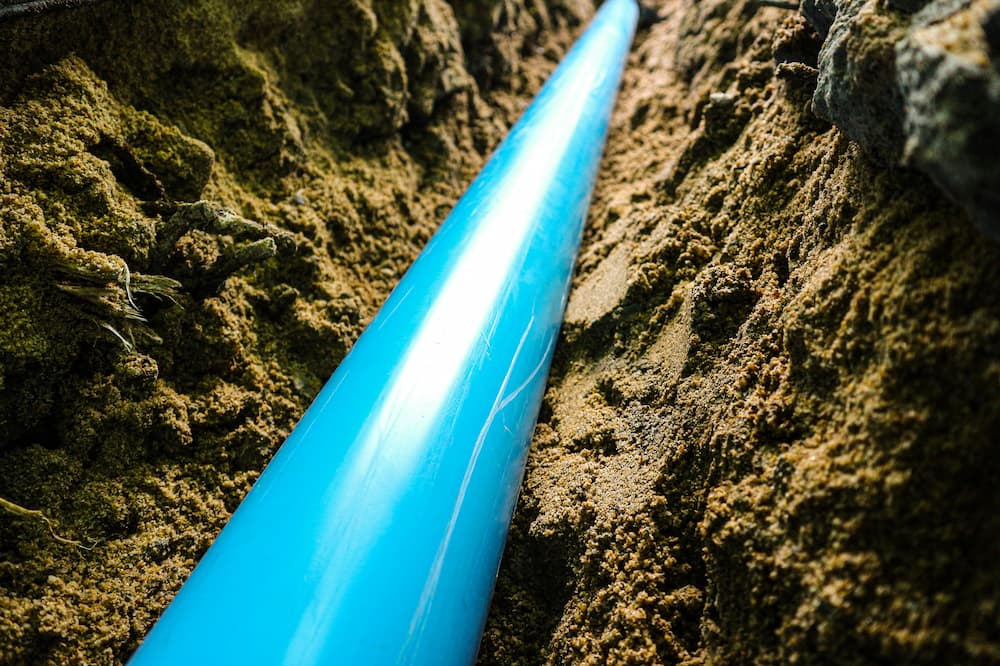
CONTACT
3 Ridgewood Drive,
Birkenhead, Wirral
CH61 8RA, UK
T: 0800 009 2964
E: enquiries@ardentutilities.co.uk
